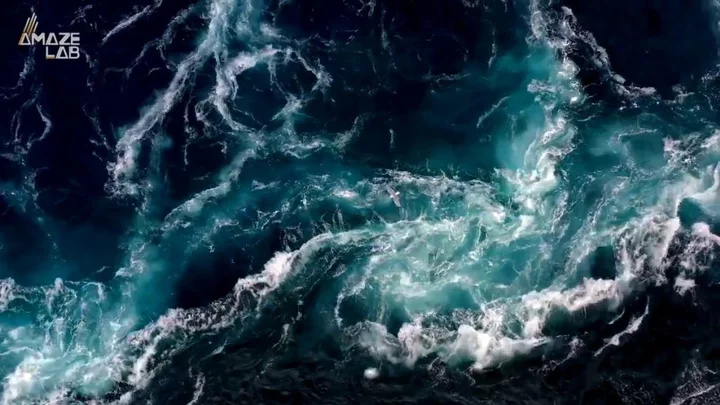Deep underground within the Pacific ocean, scientists have made a surprising discovery, which could significantly expand our understanding of marine life.
Researchers found an entirely new ecosystem when turning over volcanic crust with the aid of an underwater robot, showing that even now, nature has many more secrets to unearth.
The Schmidt Ocean Institute led an expedition with a team of international researchers to investigate a known site in the Pacific, according to Science Alert.
Sign up to our free Indy100 weekly newsletter
Subsurface fluids were found coursing beneath the ground, while scientists also found an ecosystem of worms, snails and chemosynthetic bacteria.
The institute’s executive director, Jyotika Virmani, said: “This truly remarkable discovery of a new ecosystem, hidden beneath another ecosystem, provides fresh evidence that life exists in incredible places.”
The new life was found beneath hydrothermal vents, which were first discovered in the 1970s spewing hot fluids loaded with minerals. They were in such a deep, dark location that scientists assumed there would be no life.
Ecologist Monika Bright from the University of Vienna said: “Vent animals above and below the surface thrive together in unison, depending on vent fluid from below and oxygen in the seawater from above.”
Scientists found tubeworms swimming through volcanic fluids, which makes it easier for them to get around and find new locations.
The discovery came on the coast of central America, using a remote-controlled robot 2,500 metres below sea level.
Wendy Schmidt, president of the Schmidt Ocean Institute, said: “The discovery of new creatures, landscapes, and now, an entirely new ecosystem underscores just how much we have yet to discover about our Ocean – and how important it is to protect what we don’t yet know or understand.”
Have your say in our news democracy. Click the upvote icon at the top of the page to help raise this article through the indy100 rankings.

